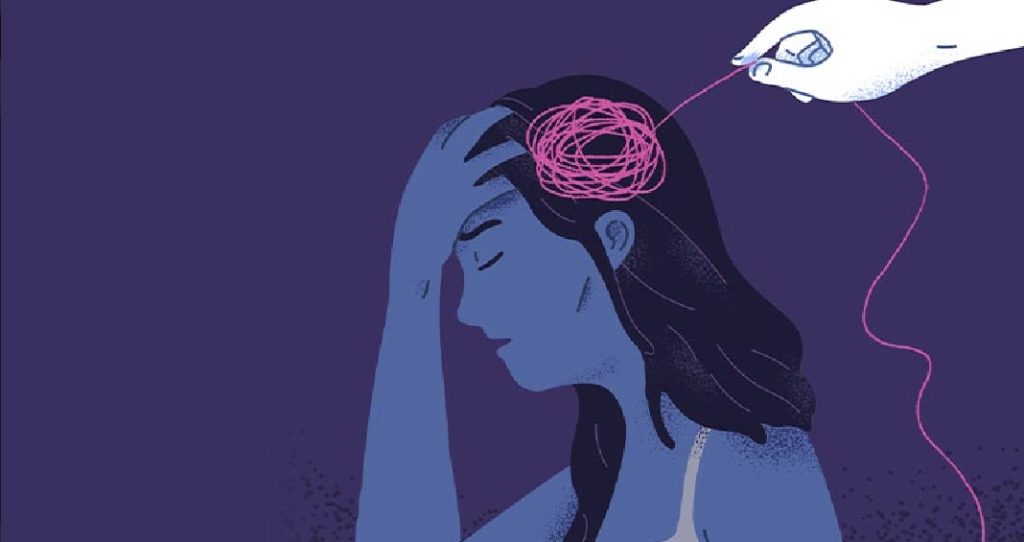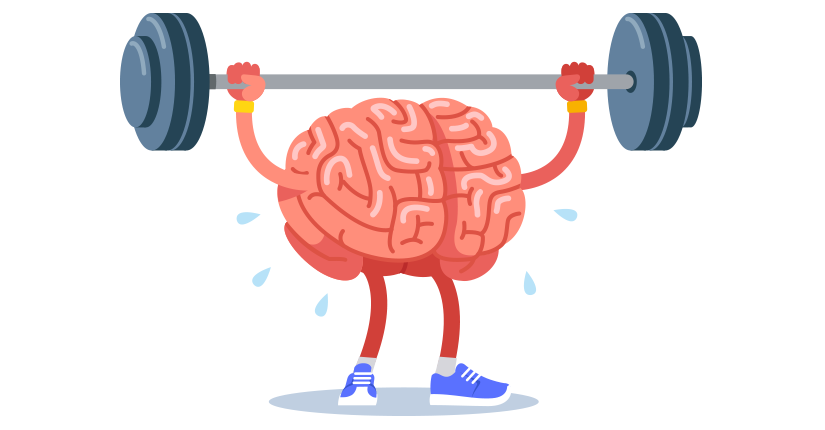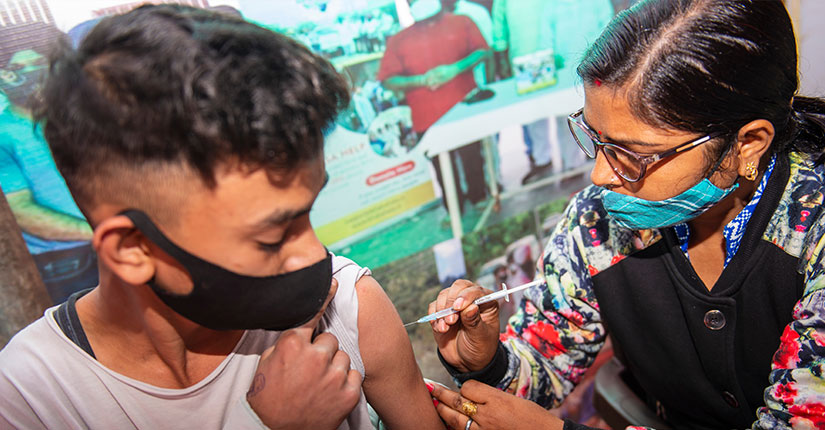Celebrating Pride Month: The Importance of Mental Health and Self-Care
By Nmami Agarwal 12-Jun 2023 Reading Time: 5 Mins

Pride Month is an annual celebration and commemoration of the LGBTQ+ (lesbian, gay, bisexual, transgender, and queer/questioning) community. It takes place in June and is recognized globally. Pride Month is a time for LGBTQ+ individuals to unite, raise awareness, and celebrate the LGBTQ+ community’s history, culture, and achievements. Mental health and self-care are important aspects of overall well-being, and they play a significant role in the lives of LGBTQ+ individuals.
Coming out and self-acceptance:
- Pride Month is when many individuals may feel compelled to come out or reflect on their journey of self-acceptance. These processes can be emotionally intense and impact mental health.
- Coming out and self-acceptance often involve:
- A process of self-discovery
- Exploring one’s sexual orientation or gender identity
- Gaining a deeper understanding of oneself
- Coming out can be emotionally intense, as individuals may experience fear, anxiety, and uncertainty about how others will react.
- Coming out allows individuals to be open about their authentic selves, receiving validation and affirmation from others. This validation can boost self-esteem and contribute to improved mental health outcomes.
- Growth and resilience: The journey of coming out and self-acceptance can foster personal growth and stability. Overcoming challenges and embracing one’s authentic identity can increase self-confidence and emotional strength.
- Professional support: Seeking professional help, such as therapy or counseling, can be beneficial during the process of coming out and self-acceptance.
- Mental health professionals can provide guidance, coping strategies, and a safe space for individuals to explore their emotions and experiences.
- Remember, the coming-out process is deeply personal, and individuals may have unique experiences.
- Respecting and supporting each person’s journey is essential, providing empathy, understanding, and love during Pride Month and beyond.
Historical Trauma and community resilience:
- Pride Month acknowledges the historical struggles and traumas faced by the LGBTQ+ community. Recognizing and addressing these traumas is essential for healing and promoting mental well-being.
- Pride Month recognizes the discrimination, persecution, and marginalization that LGBTQ+ individuals have faced throughout history, acknowledging the impact of these struggles on mental health.
- By acknowledging historical trauma, individuals can begin the process of healing, validating their emotions, and empowering themselves to overcome adversity.
- Reflecting on the past helps build a collective memory and resilience within the LGBTQ+ community, inspiring strength, unity, and shared experience.
Social support and connection:
- Pride Month offers opportunities for LGBTQ+ individuals to connect with others who share similar experiences and challenges.
- Social support and connection can help LGBTQ+ individuals develop a sense of belonging within their community.
- Connecting with others who share similar experiences and challenges provides a validating and accepting environment, which promotes mental well-being.
- Social support offers assurance and insight to LGBTQ+ individuals, affirming their identities and experiences.
- Sharing thoughts, feelings, and struggles with others who can relate can alleviate feelings of isolation and improve mental health outcomes.
- Connecting with peers who have faced similar challenges can be empowering and therapeutic.
- Peer support groups or community organizations provide a space for individuals to share stories, exchange advice, and offer support.
Let us embrace the significance of mental health and self-care during Pride Month and beyond, recognizing the strength and resilience of LGBTQ+ individuals as they navigate their journeys towards self-acceptance, well-being, and equality. Together, we can create a more inclusive and affirming world for all.





















